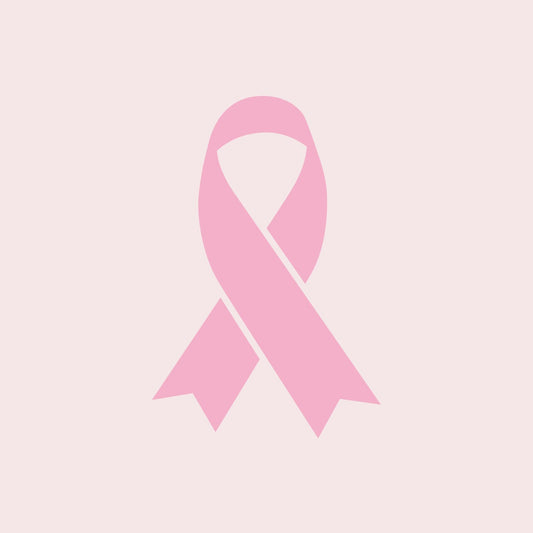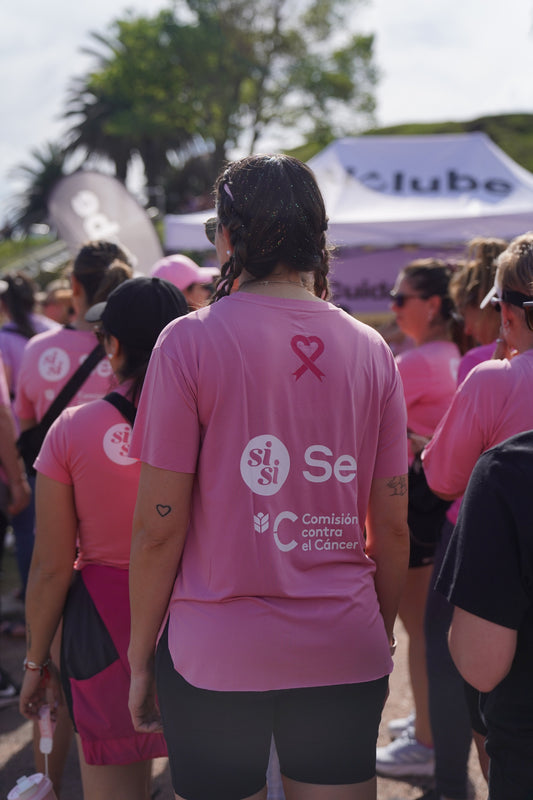What is it like to live with the disease in this country?
Anyone who follows me on social media knows this, I always tell it because it seems important to me: I started with symptoms of endometriosis at approximately 18 years old, when I still lived in Spain. By the time I was 22, when I was already settling in Uruguay, I had not received more support from gynecologists than taking contraceptives for something that no one knew what it was (and that many told me was normal).
Although my success with the doctors in Uruguay was resounding: the first one I saw told me that my symptoms surely corresponded to those of endometriosis and referred me to someone specialized; This is not the case for many and it does not imply that everything is rosy in this journey of having a chronic illness.

What is endometriosis?
It is a chronic inflammatory disease that affects 10% of women. Basically, tissue similar in characteristics to the endometrial tissue of your uterus grows in other places: fallopian tubes, ovaries, the outside of the uterus, the perianal area, bladder, intestines, and in rarer cases, lungs and brain.
The problem is that this tissue responds to the hormonal cycle just like the endometrium, with the particular difference that we expel the endometrium from the body through menstruation, but not endometriosis. This causes a lot of pelvic pain and creates scars and cysts in the implantation areas.
The most common symptoms include very intense pain during menstruation and during sexual intercourse, heavy bleeding, and infertility problems. The pain can be disabling.
The particularity of this disease is that, first of all, it is not easy to diagnose, and second, it does not have a winning treatment in all cases.
It is a chronic inflammatory disease that affects 10% of women
What women suffer
If you know a woman who has endometriosis, you know: the health system, the work system and also often the immediate environment can be hell. Diagnoses of endometriosis are usually late. Women's pain is often underestimated, especially related to menstruation. Although we may not believe it, menstruation is still a taboo and medicine takes men as an object of study, which is why the diseases that only women suffer from are quite relegated in research.
Once diagnosed, things are not much better: getting sick leave or, in some cases, early disability retirement, is almost impossible. You end up working feeling very bad, or absent without justification, which for many women means serious work problems.
The environment does not understand you: how can something as natural as menstruating involve so much pain? Many health professionals, family and friends are beginning to doubt you, your mental health. Suggestions for psychological and psychiatric care are quite common. I believe that they are necessary, but not for the reason that they usually tell us: we need support to live with a chronic illness, but we are not crazy, hypersensitive, hypochondriacs. The stigma towards endometriosis and other gynecological diseases is great in a patriarchal system.
On the other hand, there are emergencies. In my case, they have always been the pain point in the medical system. Once diagnosed, my gynecologist (who has changed as I changed mutual providers) is always good, listens to me, tries different
treatments. The big problem comes when the pain is so great that oral painkillers do not work and you have to go to the emergency room. Many times, the abuse is enormous. Ignorance of the disease leads to minimizing it, ignoring yourself and also ignoring other warning signs that may indicate that something is very wrong beyond endometriosis. For many women with endometriosis, emergencies are hostile places.
Medicine takes men as an object of study, which is why the diseases that only women suffer from are quite relegated in research.
The bill… is it a hope?
In Uruguay there is a bill that, in my opinion, has some successes and other quite weak points.
The main success is that, in some way, we are making ourselves heard. That someone is paying attention to us and saying “this is not right.” However, the group of endometriosis patients in Uruguay is presenting a different bill
with which I feel much more identified.
Obviously, each person has the ability to read both and decide, but I believe that what we need as women with endometriosis is:
● Diagnosis and appropriate treatment of the disease. Use of correct terminology, appropriate diagnostic and treatment methods, with training
specialized for health personnel. And that this access is comprehensive and universal regardless of where you are in the country and your health provider.
● Deepen access to specialized techniques (egg preservation, in vitro fertilization, etc.) to preserve fertility and allow motherhood to those women who wish to do so.
● Special emphasis on training surgeons in the excision method, which is the only one recognized worldwide as a treatment for endometriosis. Today, in Uruguay, no surgeon knows this technique.
● Eliminate discrimination in all areas, but especially in the workplace, for women with endometriosis.
You can leave us your comment below or any pending questions...



